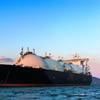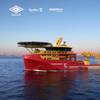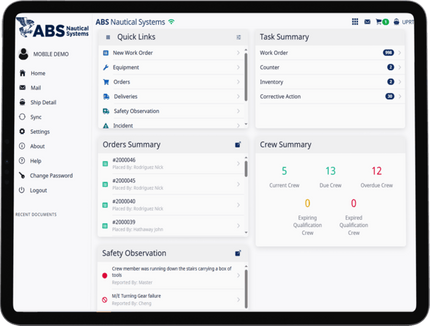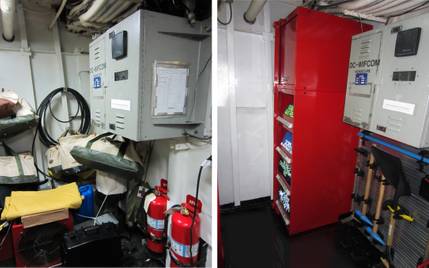Orsted, Innogy report winning approvals.
Germany granted approval on Friday for offshore wind parks capable of generating 1,610 megawatts (MW) of power at contract prices well above the unexpectedly low bids seen in an auction a year ago.
The total amount of electricity that could be produced by the parks equates to the power generated by one large nuclear power station, or two big coal- or gas-fired power plants.
Six projects were granted licences for construction at an average 4.66 euro cents per kilowatt hour (kWh), compared with an average 0.44 euro cents in the first auction a year ago, the Bundesnetzagentur network agency said.
This auction wraps up two rounds for a total 3,100 MW of projects applied for before Aug. 1, 2016, after which new projects became subject to reforms to the offshore subsidy scheme.
While the industry has cut costs sharply in recent years, last year's results were widely viewed as overly optimistic.
Bundesnetzagentur President Jochen Homann said on Friday this year's result reflected a changed competitive situation, but noted the range of bids made by would-be operators again included some not seeking a subsidy.
The range was between zero and 9.83 cents for the six projects, three of which are in the Baltic Sea and three in the North Sea.
Germany's Innogy said it had been awarded the rights to build and operate the 325 MW Kaskasi wind farm in the North Sea.
Denmark's Orsted, formerly Dong, said it won approval for a 551.75 MW bid.
The operators rely on expected wholesale power price revenue for the time that the offshore wind capacity starts operating plus the auction price awarded, to achieve profitability.
The reforms entailed relying entirely on auctions instead of the fixed subsidies of the past, in the hope this would drive down costs.
The winners get an option to build the wind parks at the price they were awarded and gain the right to onshore connections and operation rights for 25 years.
German thermal operators currently obtain 3.8 cents a kWh in the wholesale market for power delivery next year while end-users of electricity pay around 30 cents/kWh, due to a high share of taxes and fees.
Last year, Orsted and EnBW won a total 1,490 MW of capacity permits, pledging to build 1,380 MW of the total at zero subsidy.
Offshore wind costs have fallen sharply around the North Sea as the industry develops, while proximity to existing construction and maintenance hubs and to onshore connections is also beginning to allow more economies of scale.
In the industry's infancy, operators secured sky-high support payments for years, as there was little experience of installing turbines far out at sea, which is necessary due to Germany's geography.
Reporting by Vera Eckert












